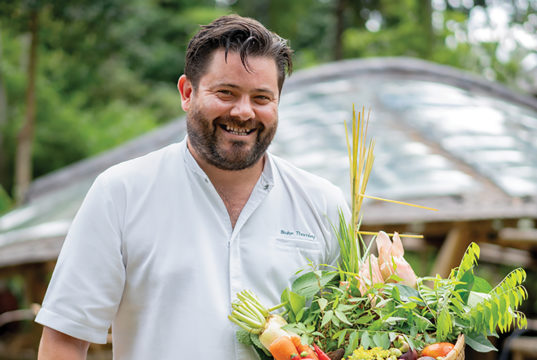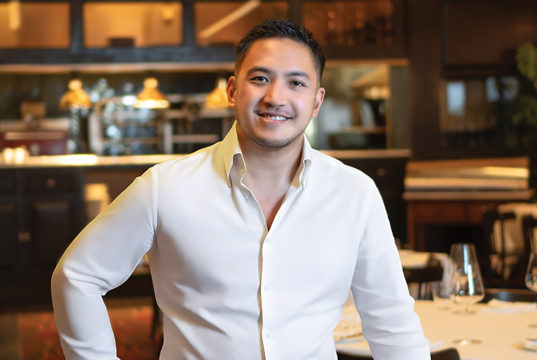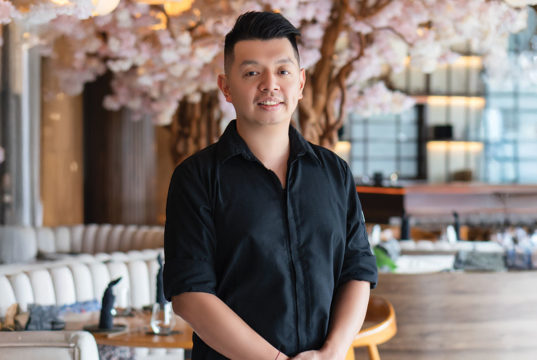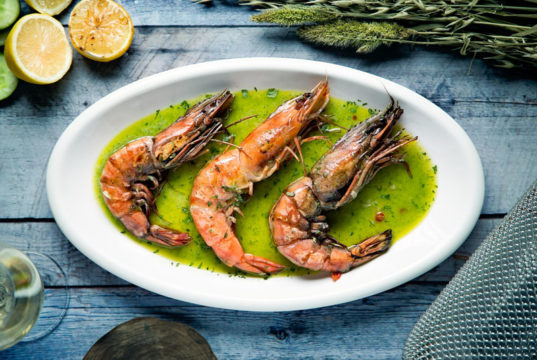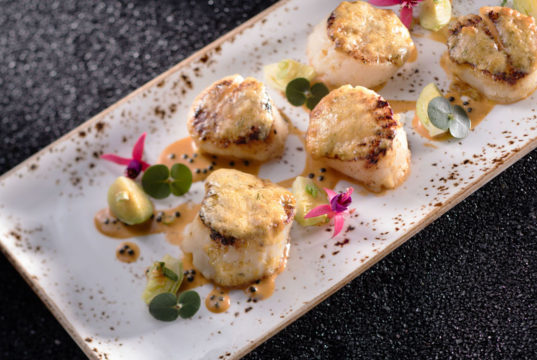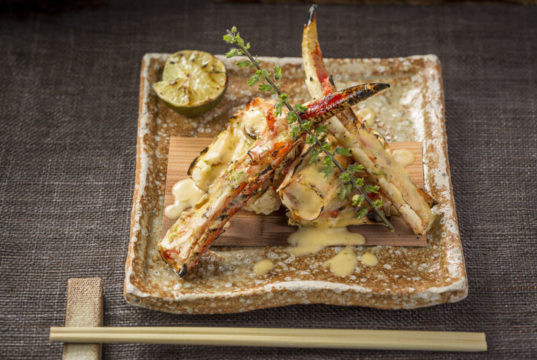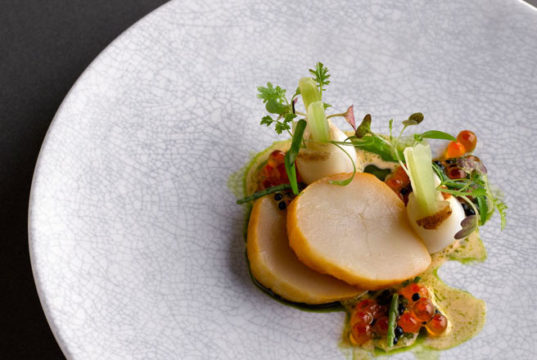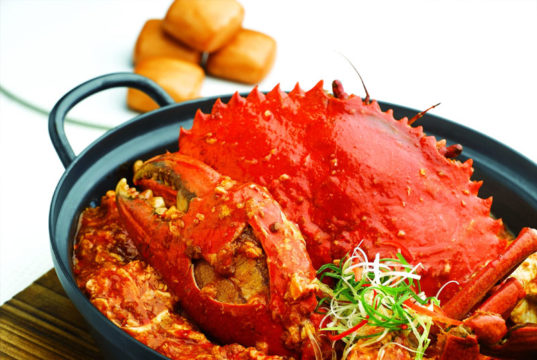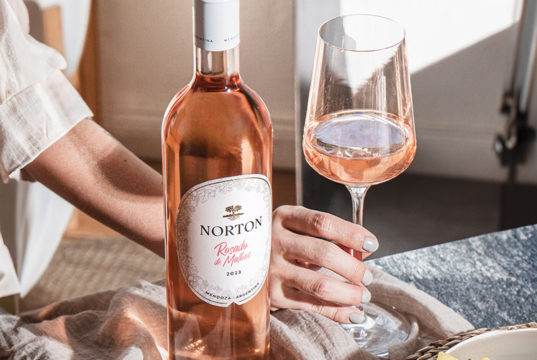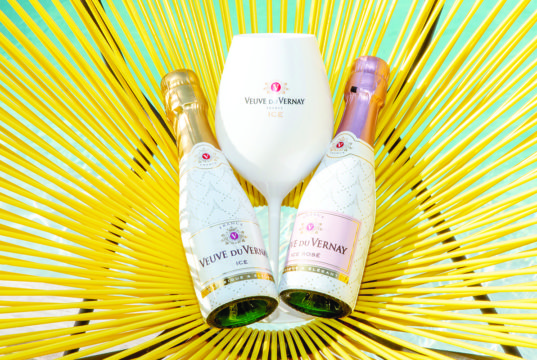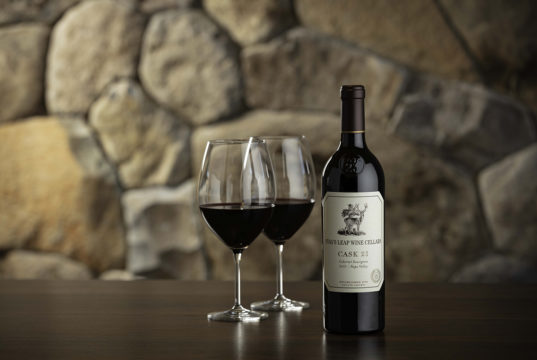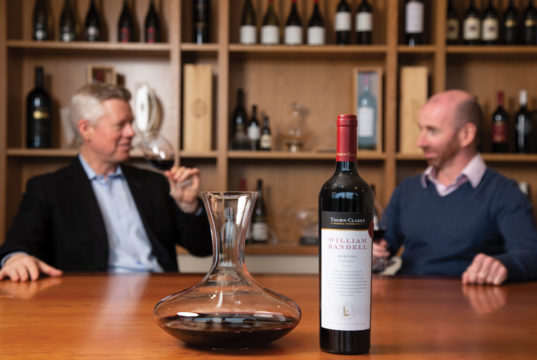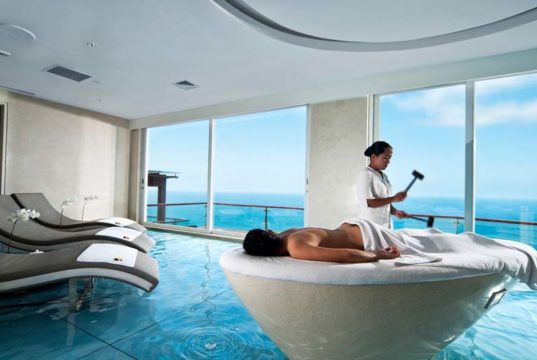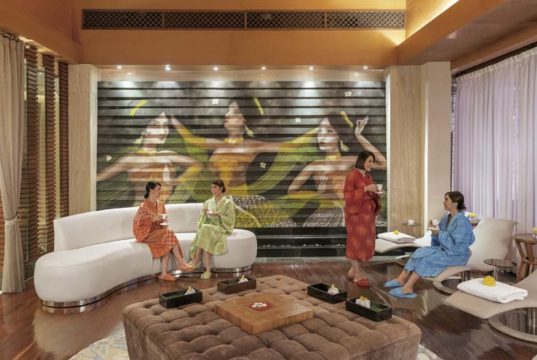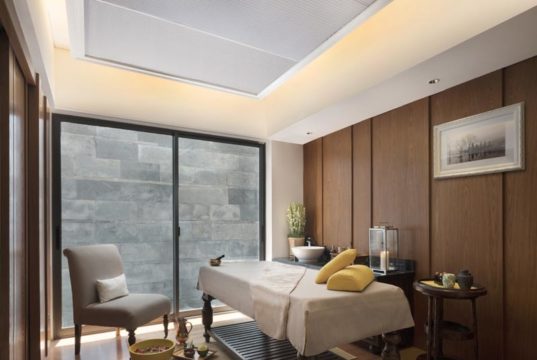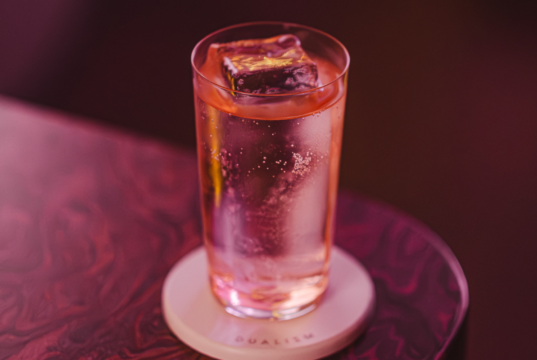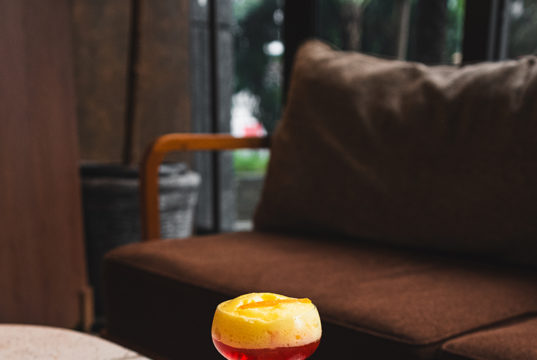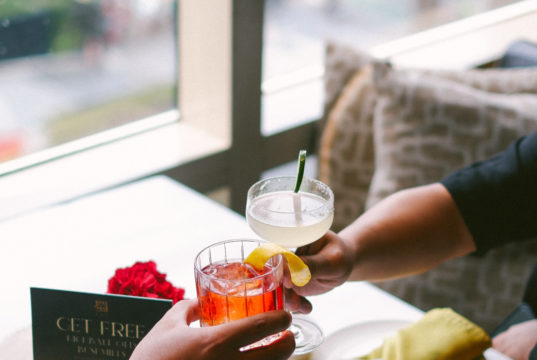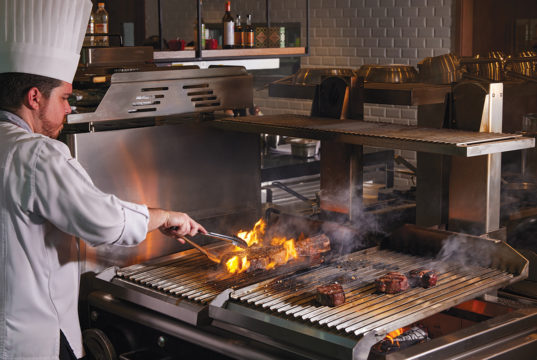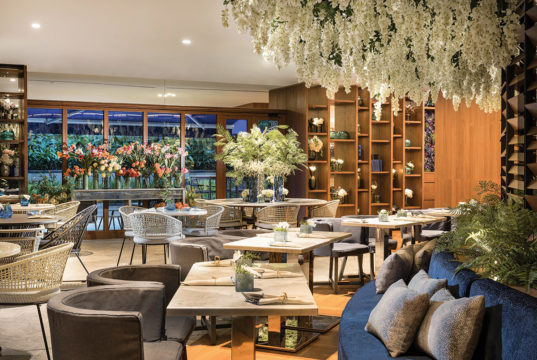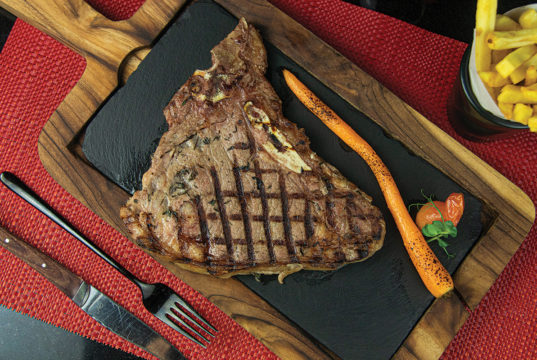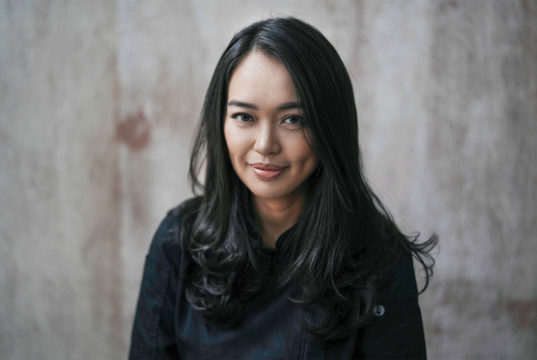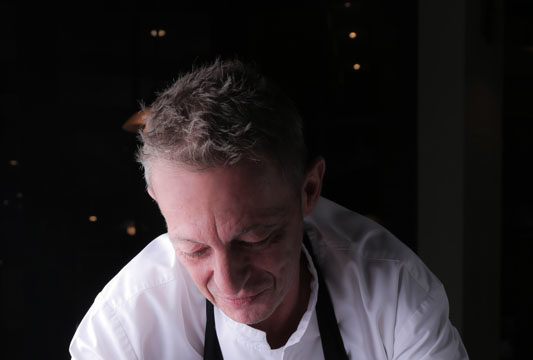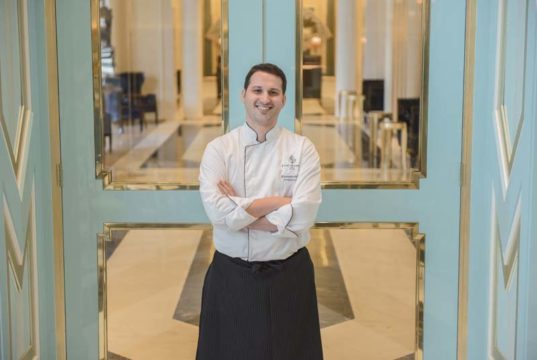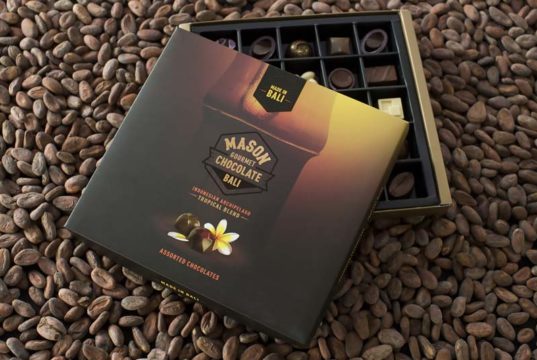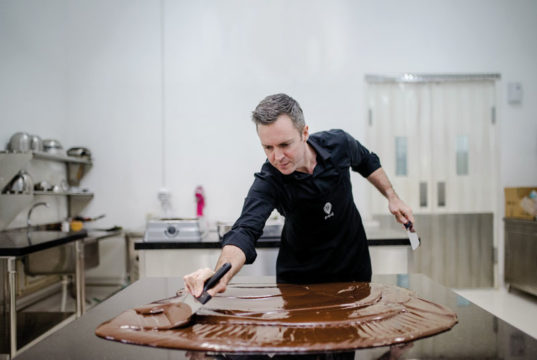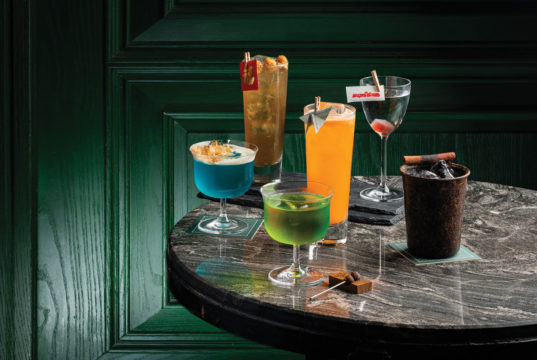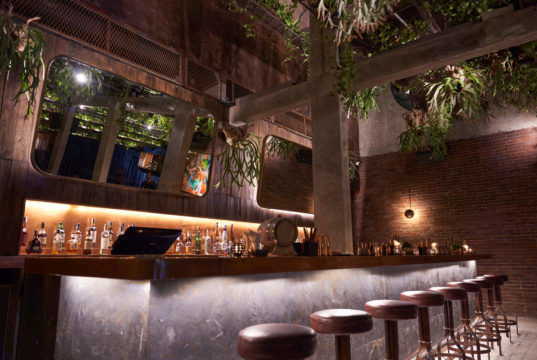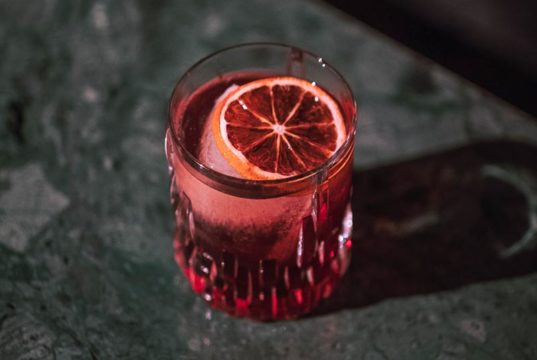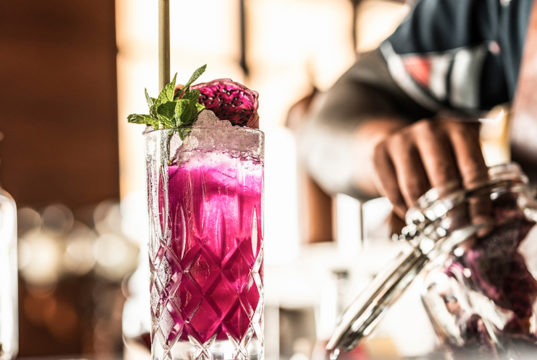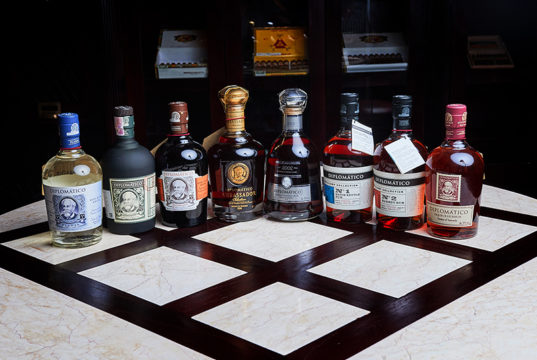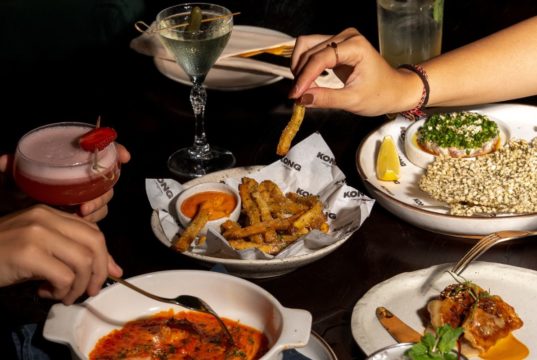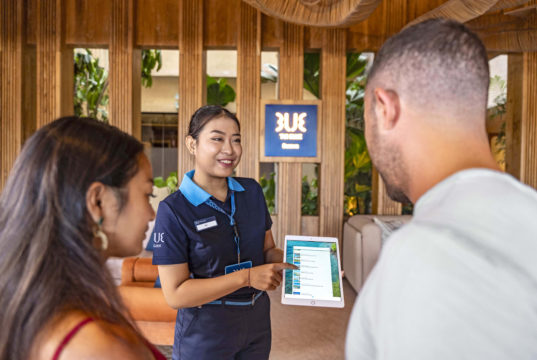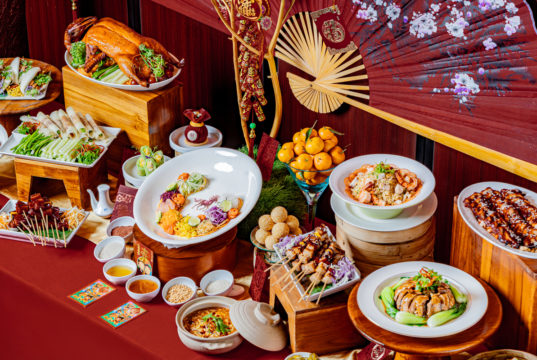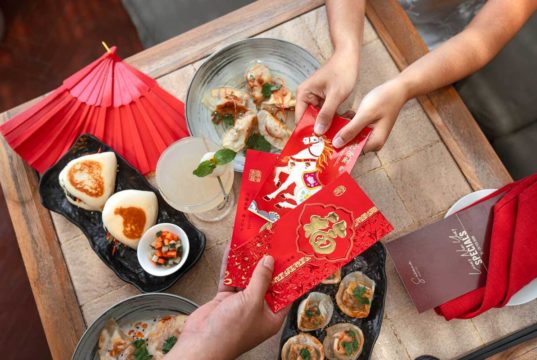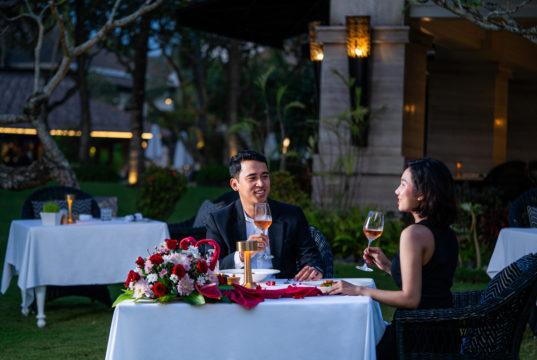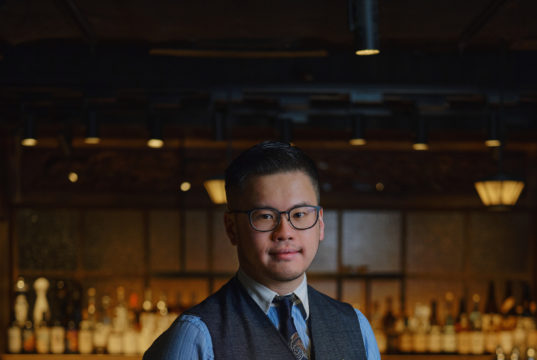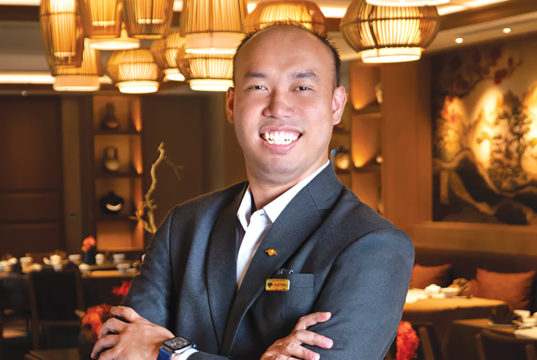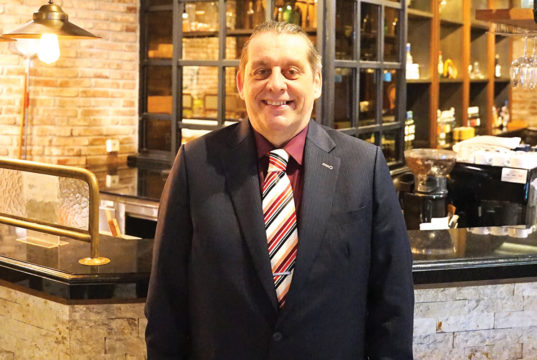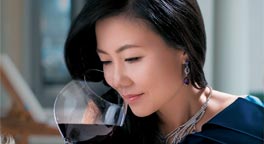Master of Wine Jennie Cho Lee
Recognized as a pioneer in her field and the first Asian to be awarded the title Master of Wine, Jeannie Cho Lee is a consummate professional who is passionate about living well, sharing her infinite knowledge and continuing to explore the meaning of “Asian Palate.” With three published coffee table books under her belt, a coveted position on the Singapore Airlines Wine Panel and an enviable travel schedule that takes her to the most sought after dining and wine venues in the world, Jeannie talks to Exquisite Taste about living the day-to-day of what we consider a charmed life.
Q: Can you describe one memorable experience that led you to your love of wine?
A: Drinking a bottle of 1982 Talbot in 1989 and feeling as though the door to the wine world just opened up for me.
Q: Wine is experiencing peak popularity in Asia. What does the wine scene look like in Hong Kong?
A: Very exciting. I feel fortunate to be in the wine hub of Asia where wine is becoming a part of our dining culture. On the business side, it is extremely competitive and that means for consumers, this is the best place to buy wine – no duty, no sales tax and great selection.
Q: As a wine expert, you must find yourself invited to a lot of social events.
A: Yes, and because I love my work (writing, assessing wine, consulting, teaching), I say no to more than half of the social events so I can spend more time doing what I love.
Q: Your brand is “Asian Palate.’”How does the Asian palate differ from the rest of the world?
A: Asian Palate is about a new modern lifestyle that combines traditional great tasting Asian food that we grew up with and enjoying it with wine. With the popularity of Asian cuisine around the world, this combination is not unusual or new. Based in HK though, I do see how this plays out in reality and what works better than others in terms of combination and compatibility. “Asian Palate” as a way to describe tastes and preferences is still at an early stage and we are defining what it means to have an Asian palate now.
Q: Please tell us about your second book, “Mastering Wine for the Asian Palate.”
A: This is about adding a whole new lexicon/vocabulary of Asian ingredients to the world of wine descriptors.
Q: Top five favorite restaurants in Asia?
A: There are so many but here goes: Kokunoi in Kyoto, Lung King Heen in HK, Gaggan in Bangkok, Iggy’s in Singapore and Poom in Seoul.
Q: How does becoming more knowledgeable about wine improve upon other aspects of living a good life?
A: It helps you appreciate what goes into making quality wine – similar to how one might appreciate food more once you discover the origin of the ingredients and how it was prepared. It helps me to stop and slow down when I eat, to linger, to savour and really enjoy what is in front of me.
Q: Please describe an average workday for you.
A: That very much depends on the day. Wake up early with my kids, have freshly brewed tea (alternating between different Asian teas each morning with my current favorite being white tea), go to my office in Central, usually a lunch meeting (for charity, projects or events) and writing or more meetings in the afternoon. Then home around 7:30 p.m. to have dinner with my family. After dinner, starting around 10 p.m. when the kids have gone to sleep, I start writing either for various columns or for my new book. (This is when I am not traveling, which is about 35% of my time.)
Q: You were the first Asian to receive Master of Wine status. What does that mean to you?
A: It means I was lucky and that people often see me in Europe/North America as a representative of Asian wine professionals. Often I am the sole Asian and sometimes the only female wine professional at a tasting or event. I take my work and position seriously and hope that my professionalism and level of knowledge and understanding says something positive about wine professionals in Asia.




